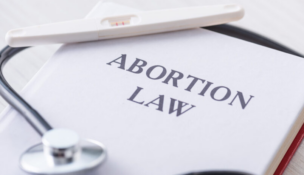Proposed ballot measure bans citizenship for newborns of immigrants
Arizona Capitol Reports Staff//December 7, 2007//[read_meter]
Proposed ballot measure bans citizenship for newborns of immigrants
Arizona Capitol Reports Staff//December 7, 2007//[read_meter]
A proposed ballot initiative to refuse United States citizenship to children born of foreign parents residing in Arizona was registered with the Secretary of State’s Office on Nov. 30.The measure...
No tags for this post.

















